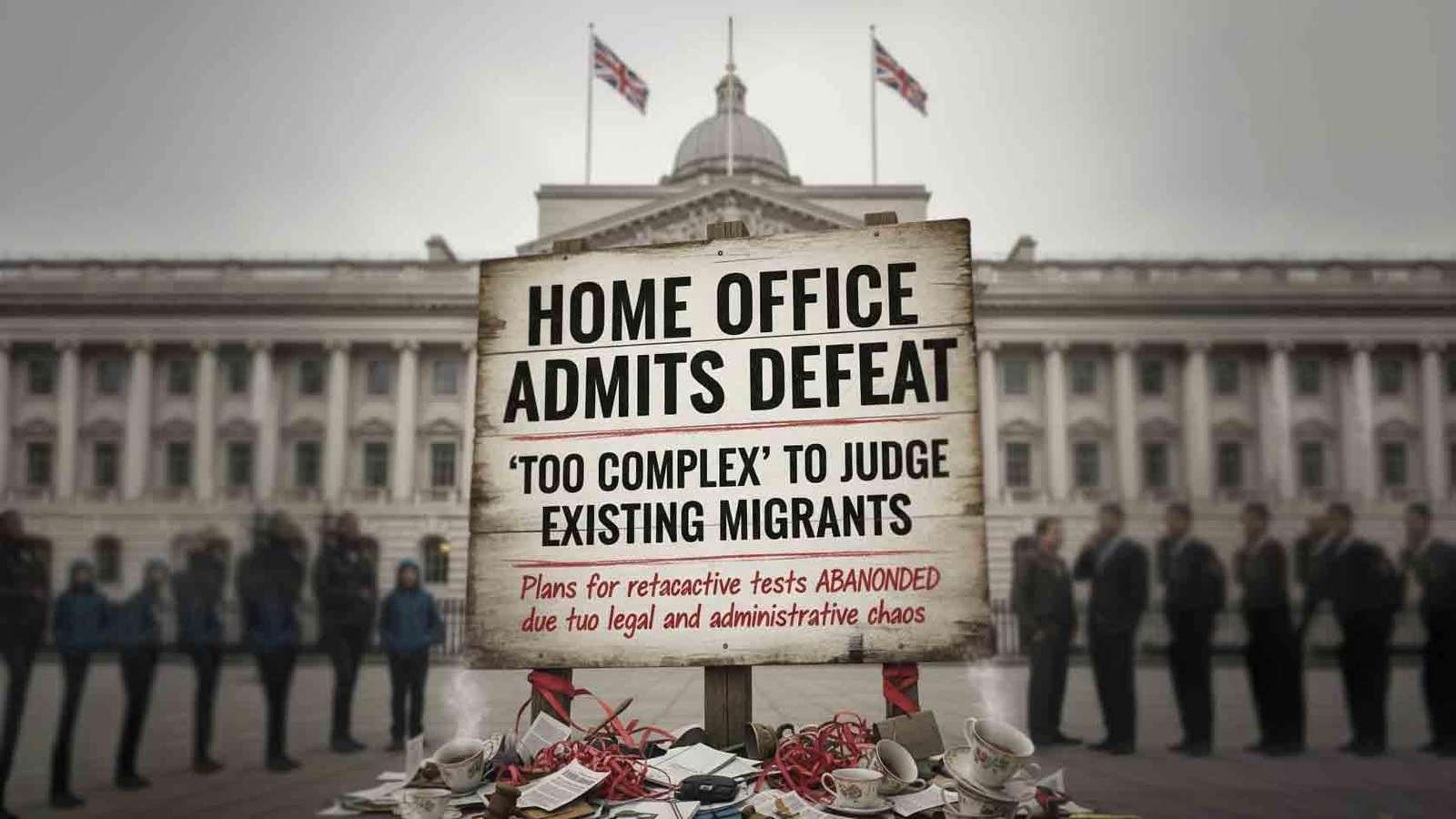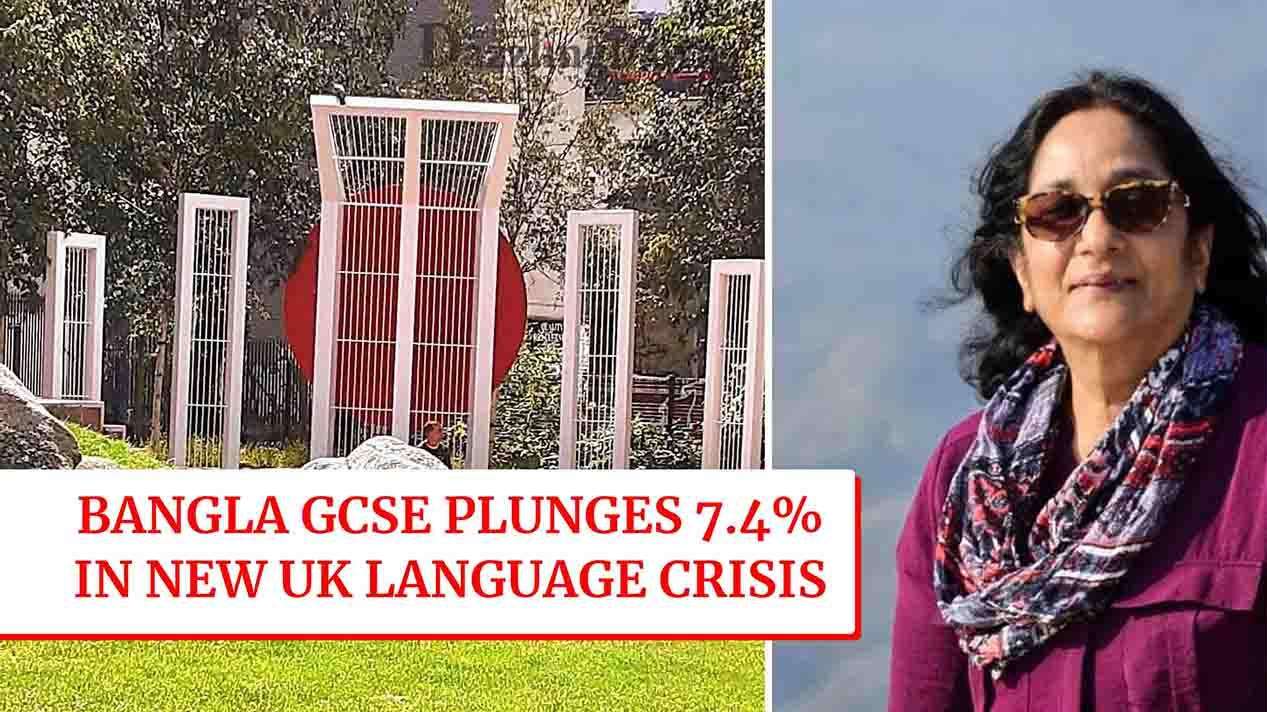The political firestorm over the retrospective application of new, tougher right-to-remain rules appears to have forced a swift clarification from the Home Office. While Home Secretary Shabana Mahmood confirmed the plan to double the standard Indefinite Leave to Remain (ILR) qualifying period from five to ten years, recent high-level government sources have indicated that the new "good citizen" contribution tests will NOT be applied retrospectively to migrants already in the UK.
Despite initial reports and political pressure to target the so-called 'Boriswave'—the influx of legal migrants under post-Brexit rules (2021-2024)—government sources have now confirmed that the new stringent conditions will not be imposed on current residents.
- 'Good Citizen' Tests Dropped for Existing Migrants: Sources close to the Home Secretary now concede that applying the new contribution-based tests (clean criminal record, high-standard English, volunteering, no benefits claims) to hundreds of thousands of existing migrants would be too complex to administer.
- The 10-Year Wait Still in Play: While the contribution tests may be dropped for existing migrants, the Home Secretary is still understood to be exploring a separate, less-strict mechanism to extend the minimum waiting period for this group, preventing them from automatically gaining ILR after the current five years. This could still delay settlement for many who arrived between 2021 and 2024.
- Consultation Coming Soon: The Home Secretary confirmed at the Labour Party Conference that the formal consultation on the new ILR framework will be launched "soon." No law has been passed yet, and the exact implementation date remains unclear.
Proposed New Conditions for Indefinite Leave to Remain (For Future Migrants)
The core proposals, which will apply to new arrivals, remain:
- Extended Qualifying Period: The baseline wait time for ILR will increase from five years to ten years of lawful residence for most visa routes (excluding family visas).
- Contribution-Based Tests: All future applicants must meet new, tough standards, including being in work, paying National Insurance, not claiming benefits, achieving a high level of English, having a spotless criminal record, and "truly giving back to the community" through volunteering.
- Tiered Settlement: A new, flexible model will allow for faster ILR (less than 10 years) for those with exceptional contributions or skills, while those who fail to contribute could be barred from settlement entirely.
Daily Dazzling Dawn Analysis: The Legal Backdown and the Next Wave of Uncertainty
The rapid back-pedalling on a fully retrospective application of the new ILR rules is less a display of political mercy and more a pre-emptive surrender to legal reality. The history of UK immigration law is littered with cases where the courts have struck down attempts to retrospectively apply new rules, notably in the High Court case involving the Highly Skilled Migrant Programme (HSMP). The 'legitimate expectation' of a migrant who built their life based on existing rules is a powerful legal principle.
Read Also: ILR Stays 5 Years for Those Already in UK
The compromise—scrapping the contribution tests for current residents but still seeking to extend their waiting time—creates a two-tier system of uncertainty. For the 'Boriswave' migrants approaching the five-year mark in early 2026, the question is no longer if they can settle, but when and at what cost. Extending their wait forces them to renew visas, pay extra fees, and live under prolonged precariousness.
Politically, this move may satisfy the Labour base by showing a tough stance for the future, but it leaves the "Boriswave" issue unresolved for the Home Secretary. Reform UK will weaponise the lack of full retrospection as a sign of weakness. The true test of this policy is now less about legal principle and more about administrative capacity: can the Home Office invent a legally robust, middle-ground mechanism to extend the wait time for existing residents without triggering mass legal challenges? This subtle but significant shift in policy indicates that the government's fight for immigration control is now constrained by the fundamental legal rights of those already within its borders.
_4.jpg)

_4.jpg)





.svg)

